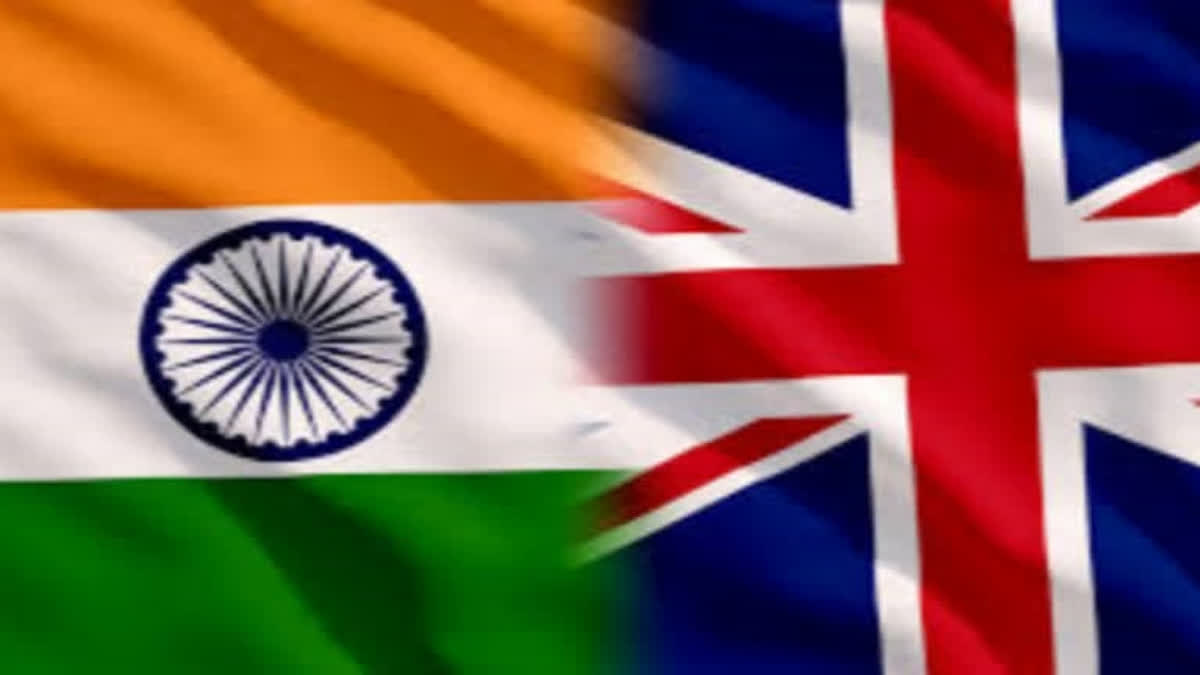London: Britain's largest anti-monarchist group which campaigns for an elected head of state in the country said on Monday that India could play a leading role within the Commonwealth to highlight that the organisation is not inextricably linked with the UK's royal family. Graham Smith, CEO of Republic, referenced the latest opinion polls to show declining support for the monarchy ever since it lost its star player in Queen Elizabeth II.
Ahead of the Coronation of her successor, King Charles III, on May 6, the group has been finalising plans to organise a series of #NotMyKing protests at Trafalgar Square and along the route of the 74-year-old monarch's Coronation procession in central London. I think what India can do is remind us that the Commonwealth and the monarchy are not connected, Smith told PTI in an interview.
India made the right choice a long time ago to get rid of the monarchy, to separate from the Crown and be a Republic, and that is a strong reminder that the Commonwealth is not linked to the Crown in that way, he said. At independence in August 1947, India made the decision to completely sever colonial ties as an elected Republic, unlike some former colonies who held on to the British monarch as their head of state. Barbados is the most recent example of a former colony parting ways with the UK monarchy to become a Republic in November 2021.
The Republic movement and the move to get rid of the monarchy is something which the other Commonwealth countries that still have the Crown are going to have to get on board with. I think they will do, certainly around the Caribbean we'll see a big move over the next few years to get rid of the monarchy, said Smith.
Asked if the Commonwealth, a political association of 56 member states the vast majority of which are former territories of the British Empire, could out-survive the British monarch as its Head, he added: The Commonwealth is quite separate from the monarchy, with most Commonwealth countries as Republics. So, there's no reason why the Commonwealth can't survive beyond the monarchy.
Part of the problem with the monarchy is that it projects this idea that they are somehow integral to the Commonwealth. But they really aren't. They play a very small part in that organisation's life. The comments came as the BBC released a new YouGov survey on Monday for a Panorama' show to reflect the British public's view of the monarchy in the lead-up to the Coronation of King Charles and Queen Camilla next month. The results suggest broad support for keeping the monarchy, with 58 per cent preferring it to an elected head of state. However, there seems to be waning support among the youth of the country.
While over-65s were the most likely to be supportive of the monarchy at 78 per cent, 18-24 year-olds were the least likely with only 32 per cent backing the institution. This younger group was more likely, at 38 per cent, to prefer an elected head of state, with a large chunk of 30 per cent in the don't know bracket.
Smith, who says the donations to his anti-monarchist campaign have shot up since the Queen passed away in September last year, believes it is this group of don't knows who will ultimately help their call for a referendum on the future of the monarchy. One of our messages is that the monarchy is in quite a lot of trouble. Support for the abolition of the monarchy among younger people is dropping constantly since they lost their star player, the Queen, he said.
The group believes that Charles is not only far less popular but also fails to command the level of deference that his late mother did. Its campaign is now focussed on moving the dial towards a public referendum and an ultimate act of Parliament that would make way for an elected and transparent monarchy. (PTI)



